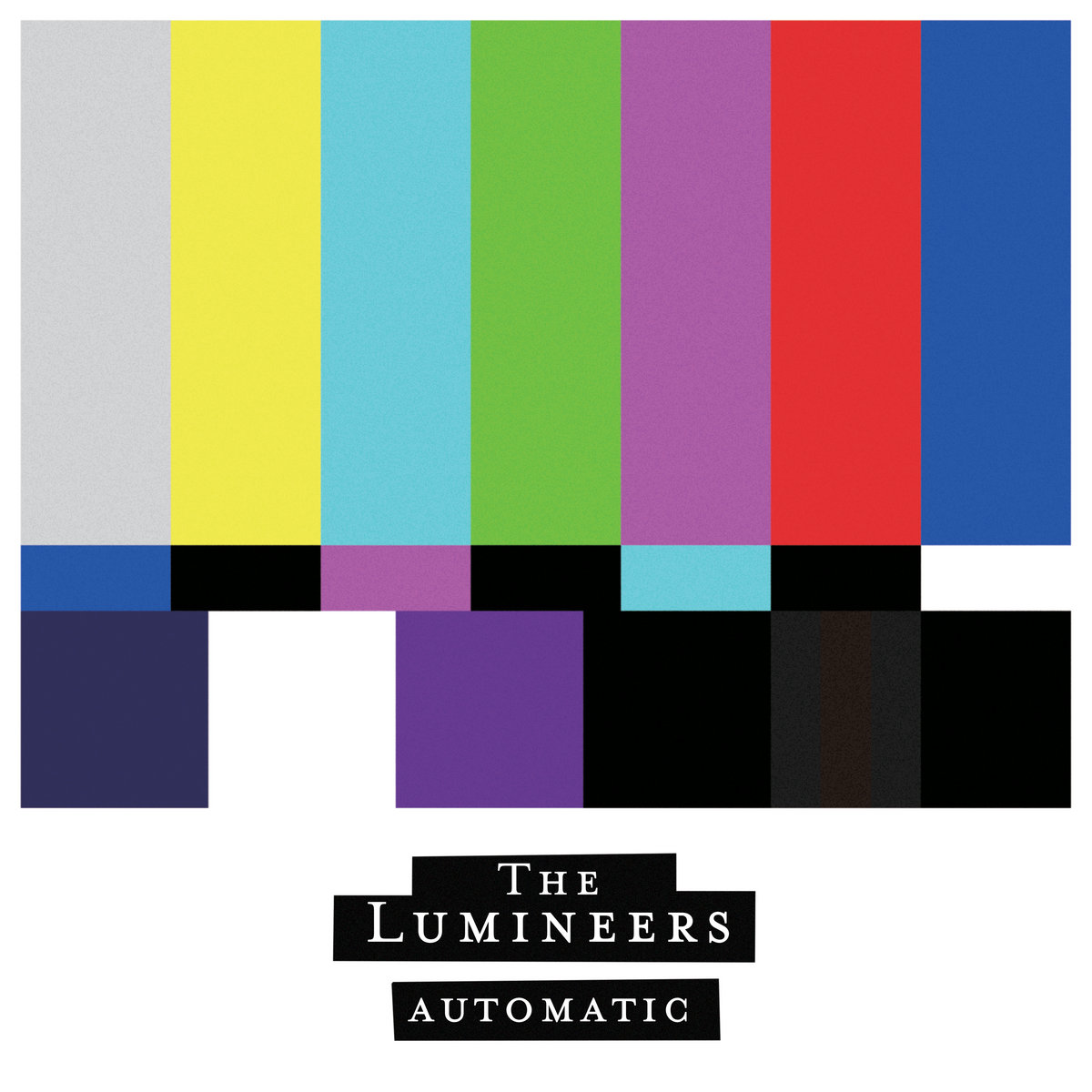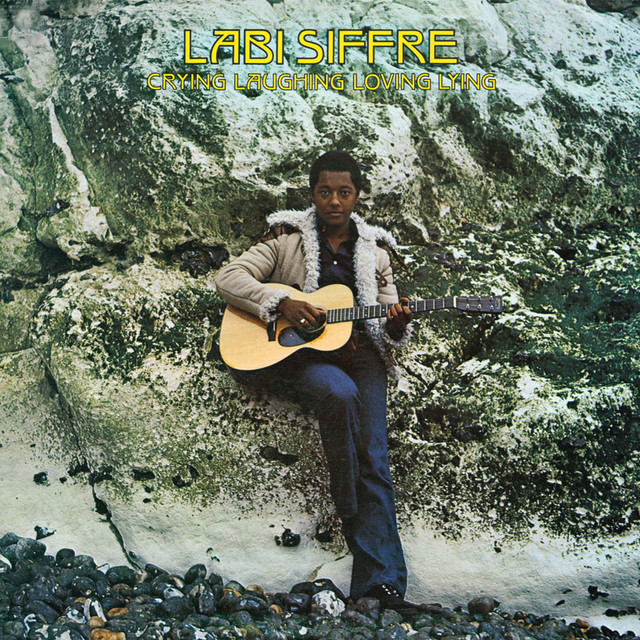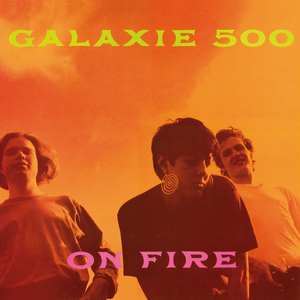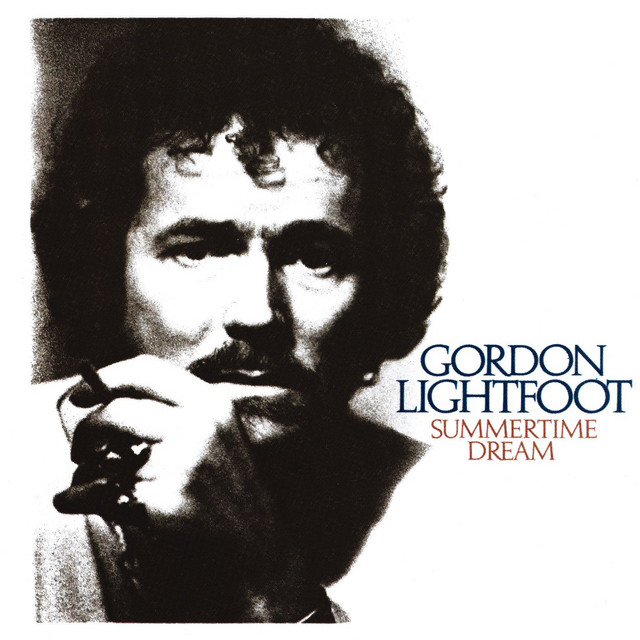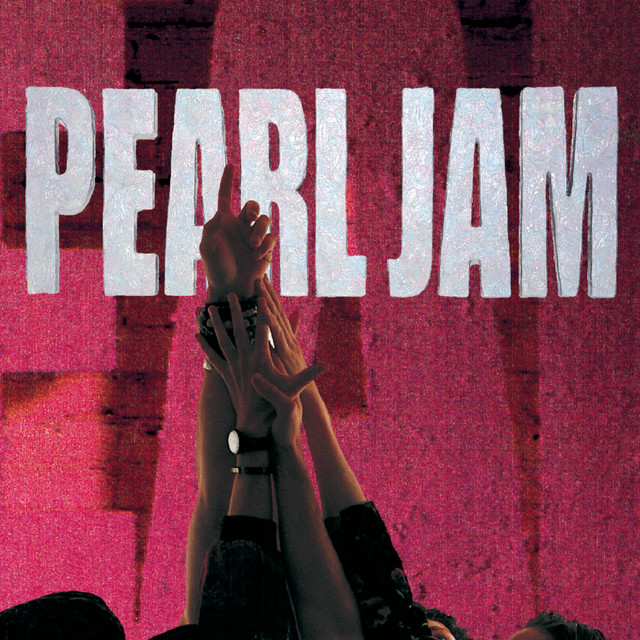Throughout my excitement in finding new music that clicks with me, I often fall into the habit of listening to new discoveries into the ground. I’ll exclusively listen to whatever’s caught my attention so much that I lose the attraction I initially held for it.
Throughout high school I was obsessed with Deftones, religiously listening to them throughout my sophomore and junior years. I combed through as much music as I could possibly find — studio albums, demo tapes, covers, live performances—anything I could get my hands on. After I had listened to everything I could, I branched out to look for new obsessions that I could explore. I started by checking out the many influences that Deftones have been vocal about in interviews or articles.
There was an article that went over Chino Moreno, the frontman of Deftones, favorite albums. One caught my eye in particular: You’d Prefer an Astronaut by Hum.
Providing a large influence for the heavier aspects of Deftones’ music, Hum originated in the late years of the ‘80s, utilizing heavy reverb and overdrive to create a “wall-of-sound” effect in their instrumentals. The power of their guitars is counterbalanced by the fragility of Matt Talbott’s droning vocals, which hang delicately between the storm of fuzzy overdrive and the listener’s ear.
Hum is a band that I’ve found myself continuously returning to over the years, particularly around this time of year. The middle of winter, when life seems to quiet down and seek shelter from the cold, is the kind of environment that draws out the warmth of the music from the enveloping colder aspects.
Isolation is a prevalent theme throughout You’d Prefer an Astronaut, apparent in the continued use of diction and metaphor related to space in the lyrics. I have a very high respect for Talbott’s lyrics because of his wholly unique use of scientific terms and images as figurative language. The imagery that is conjured up is something unlike anything I’ve heard before in alternative music.
“Why I Like The Robins” is a prime indicator of the genius in the musicianship and lyricism of the rest of the album. It starts off quiet enough, with a brisk, 3/4 time signature kept by the emphasis on the downbeats of the measure. The drum groove displays technical complexity in a quiet manner that accompanies the guitars in their climbing and descending. Talbott humbly enters into the groove after the audience has had time to marinate in it. After the initial chorus, hints of the sound intensifying are present, but they die down back into the groove of the verse. The second chorus releases the energy built up in an explosion of warm fuzz and crashing drums.
In the lyrics, the narrator describes the effect of finding interest in things that a loving partner introduces to him, particularly in bird-watching (hence the title). There’s a deep tenderness in the choices that Talbott makes in his diction and imagery.
The first line of the song, “The distance outside of you comes into focus, collapses away lovingly,” introduces the idea of attraction, but it also hints at the bird-watching subject matter by relaying his interest in the subject as a collapsing of distractions. The narrator has no choice but to focus the lens of his binoculars on the person he loves. It’s a beautiful way to introduce the idea of a passionate relationship that also relates to the literal actions of the narrative.
Another line I really love is later in the song:
“And I like your raindrop collector /
splash in my eyes and makes everything else look like you.”
It provides another example of a specific interest that the subject of the song has that the narrator gains a special interest in. It allows the narrator to see the world in a different light because his eyes have been washed by a new and exciting interaction.
As a final aside, Hum’s next project, Downward Is Heavenward, is also really great. Talbott’s lyricism is colorful and vivid in the album’s songs. I highly recommend that album, on top of You’d Prefer an Astronaut.









